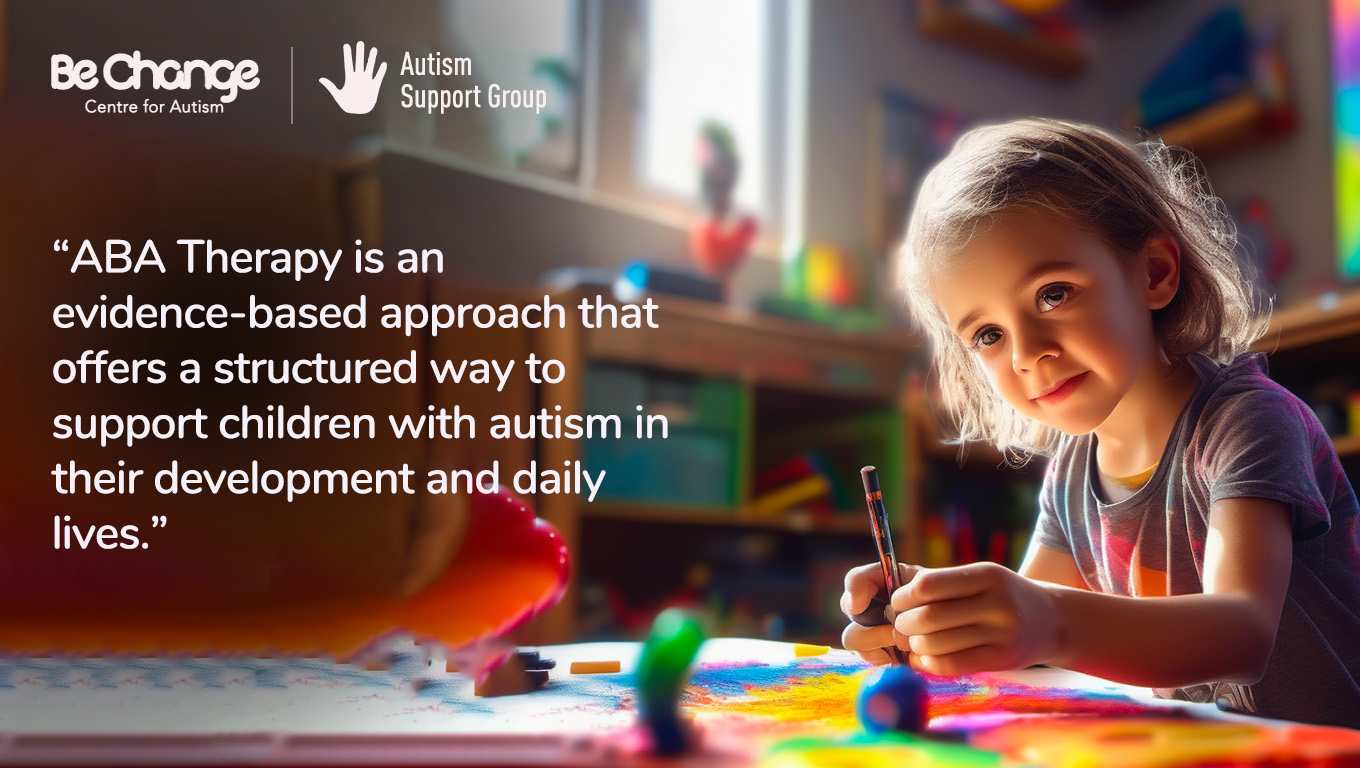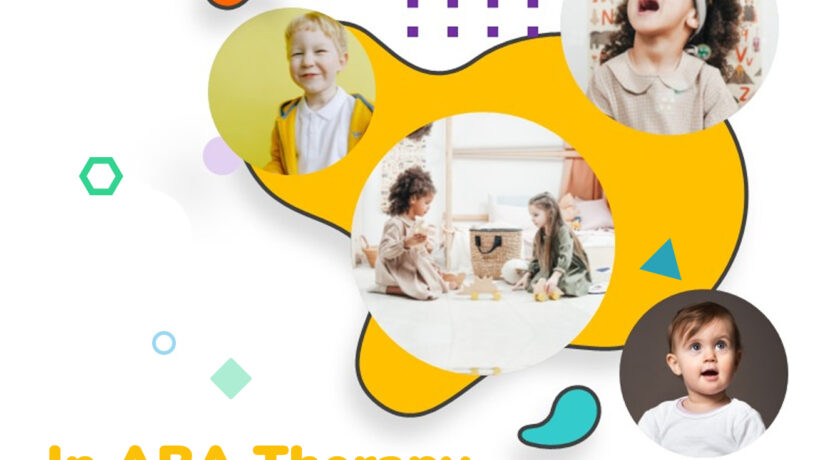ABA therapy, or Applied Behavior Analysis therapy, is an evidence-based approach that offers a systematic and structured way to support children with autism in their development and daily lives. It’s designed to break down complex skills and behaviors into smaller, manageable steps, making it easier for children to learn and progress.
Autism can’t define me. I define autism.
 How ABA Therapy Works:
How ABA Therapy Works:
- Assessment: To begin, we conduct a comprehensive assessment of your child’s abilities, strengths, and areas where they may need support. This assessment helps us create a tailored therapy plan.
- Individualized Plan: Based on the assessment, we create an individualized ABA therapy plan specifically designed for your child. This plan outlines the goals and objectives we aim to achieve.
- Breaking Down Behaviors: A key aspect of ABA therapy is breaking down behaviors and skills into smaller, achievable steps. For example, if we’re working on communication, we may start with simple vocalizations before progressing to forming complete sentences.
- Positive Reinforcement: Positive reinforcement is at the heart of ABA therapy. This means that when your child demonstrates the desired behavior or skill, they receive positive feedback or rewards. This positive feedback motivates them to continue practicing and learning.
- Data-Driven: ABA therapy relies on data collection and analysis. We track your child’s progress meticulously, allowing us to make informed adjustments to their therapy plan. This data-driven approach ensures we’re always working toward your child’s goals.
Specific Benefits ABA Therapy for Children with Autism:
Now, let’s explore the specific benefits that ABA therapy can offer to children with autism:
Communication Improvements: ABA therapy can help children improve their communication skills. This includes learning to express their needs, thoughts, and feelings effectively. For example, a child who initially struggled to communicate might learn to use words or alternative communication methods to express themselves.
Social Skills Enhancement: Many children with autism face challenges in social interactions. ABA therapy can help them develop crucial social skills, such as making friends, understanding non-verbal cues, and engaging in meaningful interactions with others.
Behavior Regulation: ABA therapy equips children with tools to regulate their behavior. This means they can adapt to different situations and environments more effectively, reducing instances of challenging behaviors.
Independence: Through ABA therapy, children can gain more independence in their daily lives. They can learn essential life skills, self-care routines, and adaptive behaviors that empower them to navigate the world more independently.
Overall Quality of Life: Ultimately, ABA therapy aims to enhance the overall quality of life for children with autism. It provides them with the skills and tools they need to thrive, communicate, and engage with the world around them more effectively.
We understand that this might be a new journey for you and your child, and our center is dedicated to providing the highest level of support and care throughout the process. We’re here to answer any questions you may have and to work closely with you and your child to achieve their full potential.


